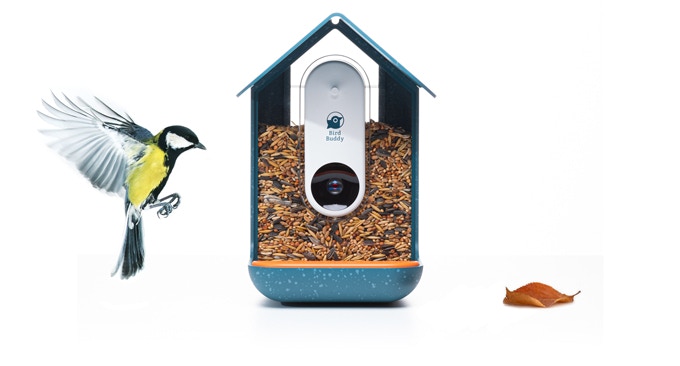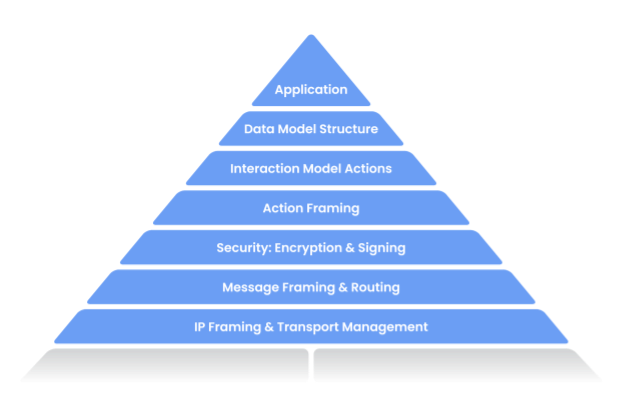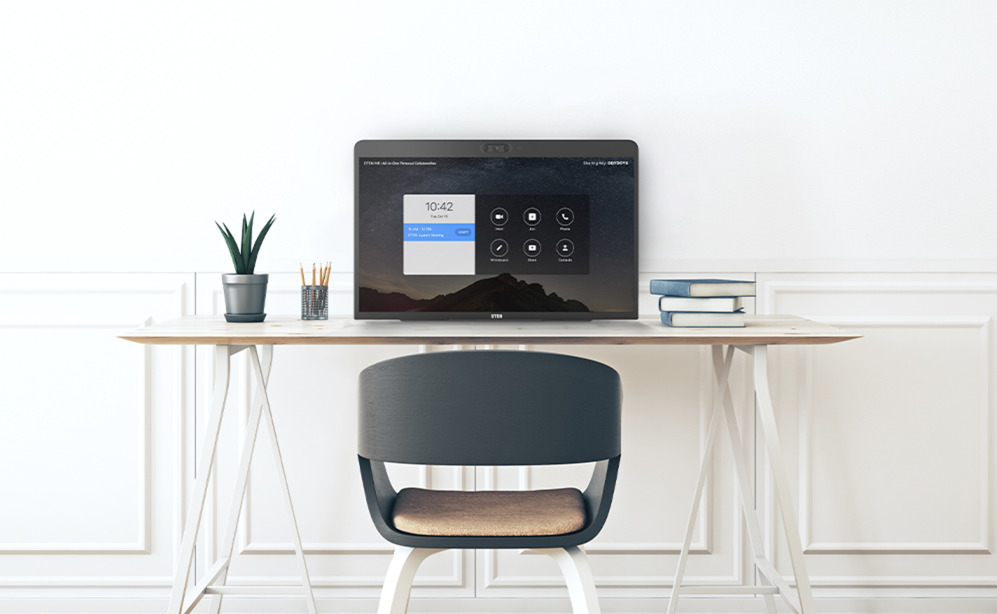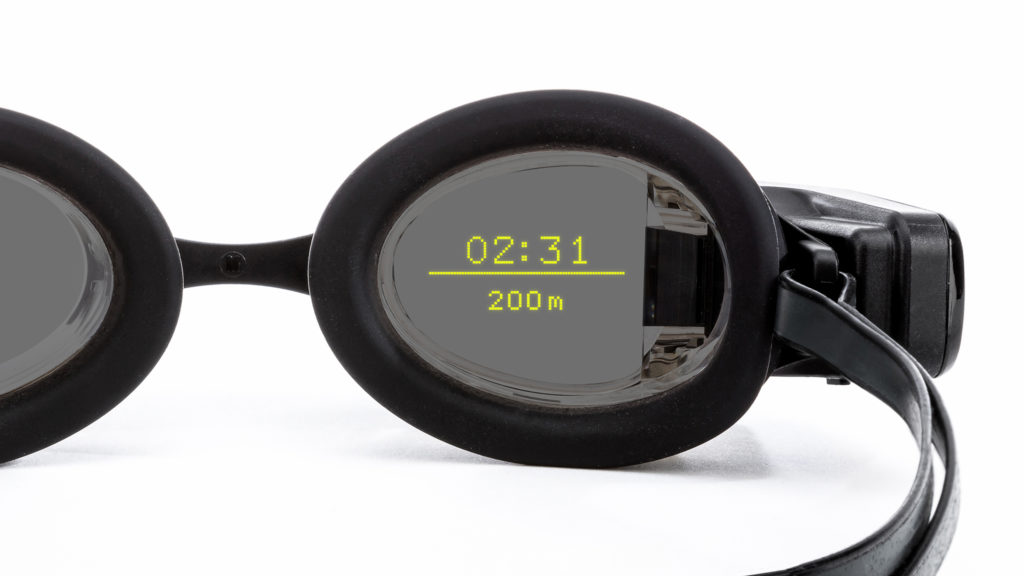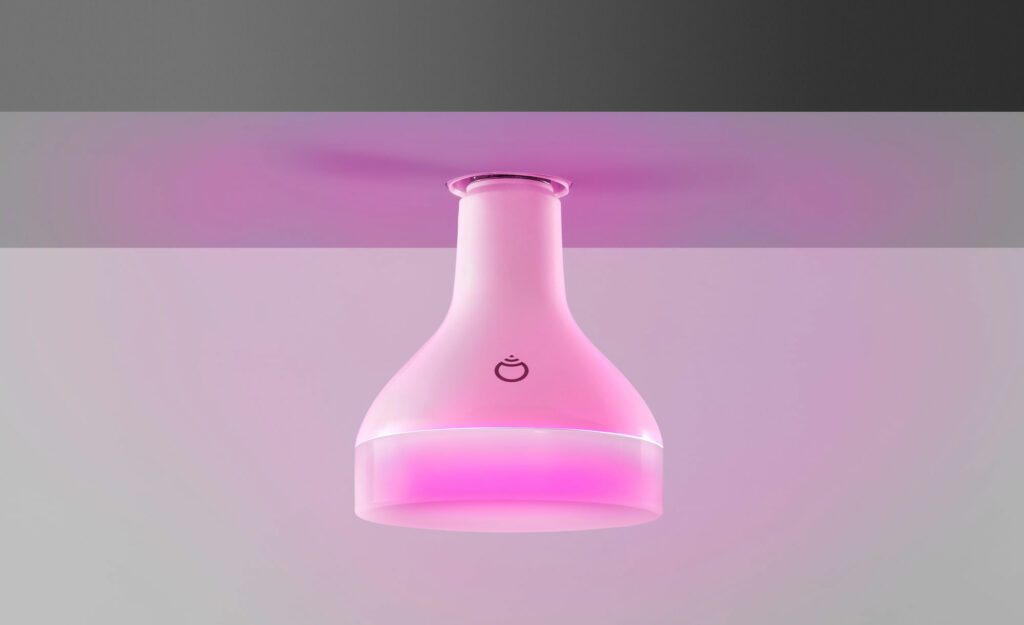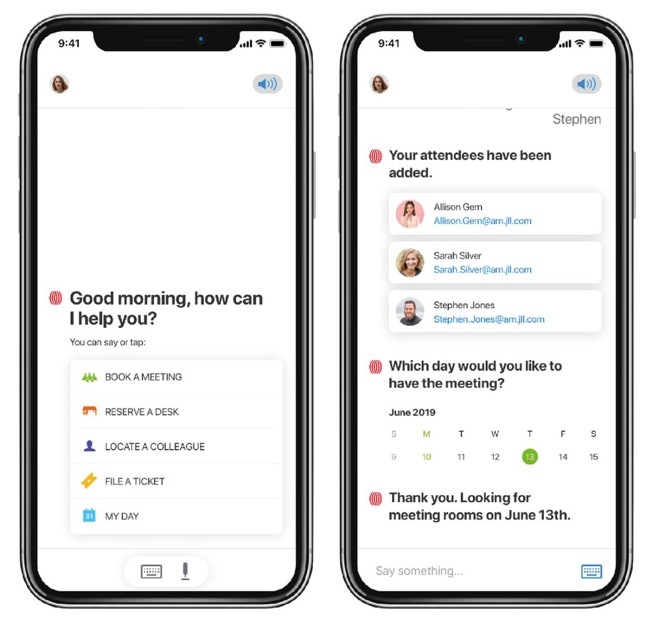This week’s show kicks off with Kevin and I discussing a smart camera vulnerability before digging into what it means when the White House becomes a smart home. We then discuss Wi-Fi 6E and what it means for IoT. Next up: new devices from Signify which makes Philips Hue-branded gear. Then we dig into Google Assistants’ new skills, the Nest/SmartThings integration, and what Google wanted from Fitbit. We discuss a DIY smartwatch, self-learning sensors from Bosch, and Samsung SmartTags, which don’t seem all that smart. We end by answering a listener question about swapping out Hue gear for the Nanoleaf Essentials bulb and also Firewalla devices for Eero services.
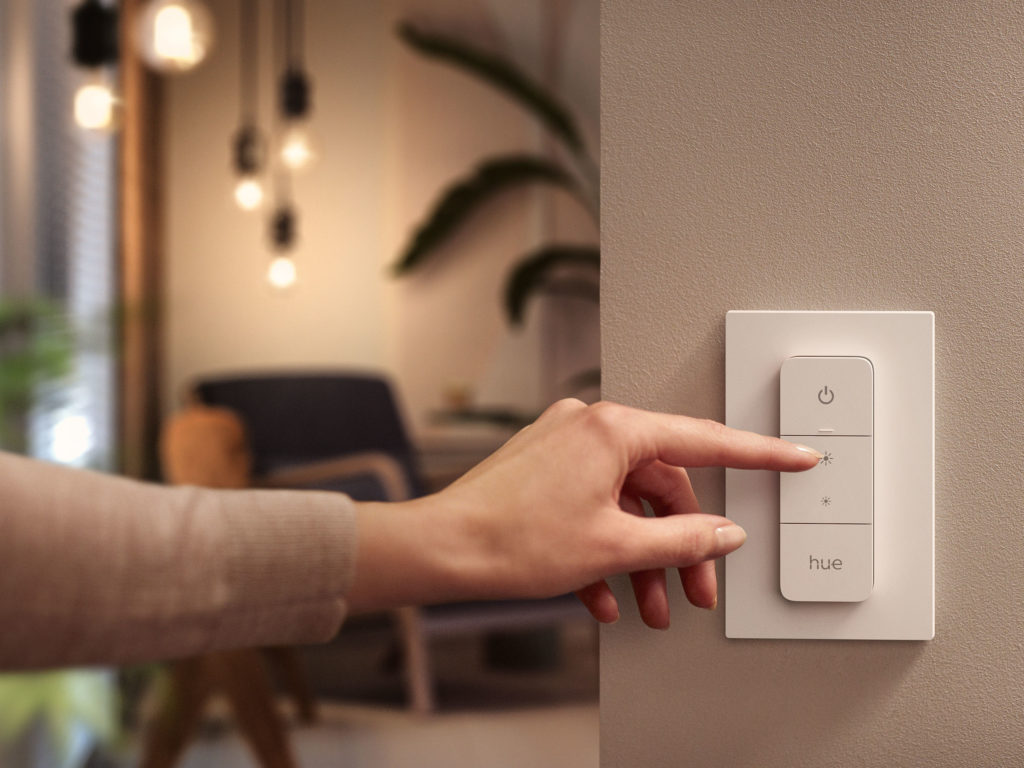
Our guest this week is Ran Korber, CEO and co-founder of BreezoMeter, which uses math and public data to track air pollution. Korber joined me to talk about why air pollution matters so much, and how to combine many sources of data to produce real insights. He also talks about how to check his company’s algorithms, as well as how to build a business on shared data. After last summers’ wildfires, I am convinced of the value of good air pollution data, and it was neat to hear how companies are putting it to use. Enjoy the show.
Hosts: Stacey Higginbotham and Kevin Tofel
Guest: Ran Korber, CEO and co-founder of BreezoMeter
Sponsors: TeraCode and Techmeme
- President Biden’s Peloton could influence smart home security efforts
- More Philips Hue gear heading our way
- Google’s Fitbit deal is about data, not advertising
- How to combine air quality sensors with traffic data
- Building a business on data begins with transparency
Podcast: Play in new window | Download | Embed
Subscribe: RSS

